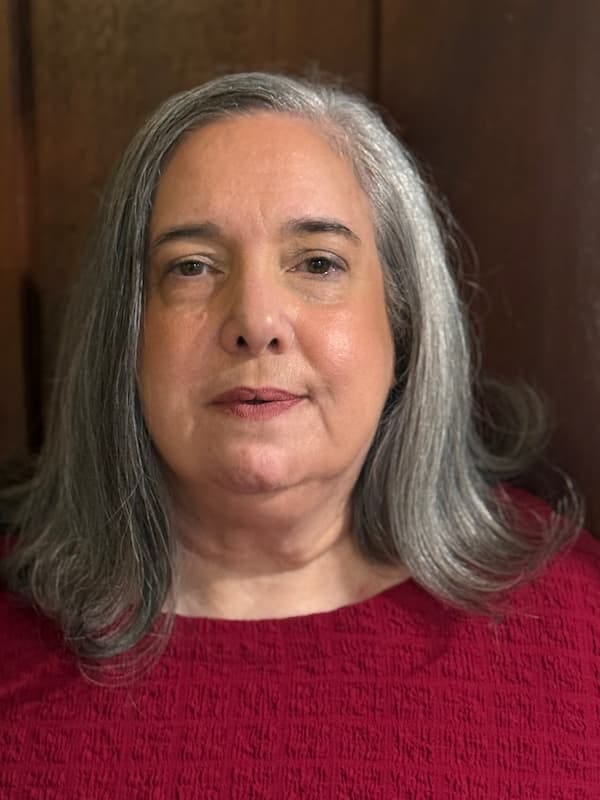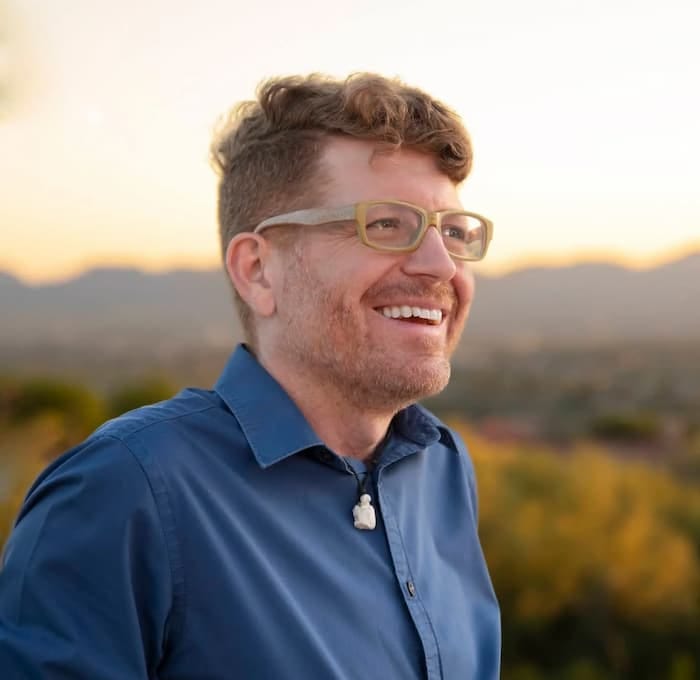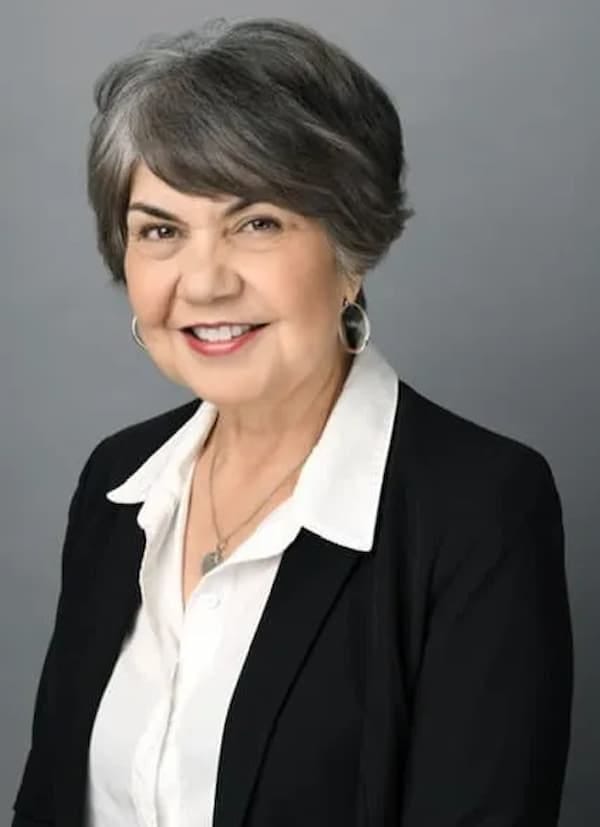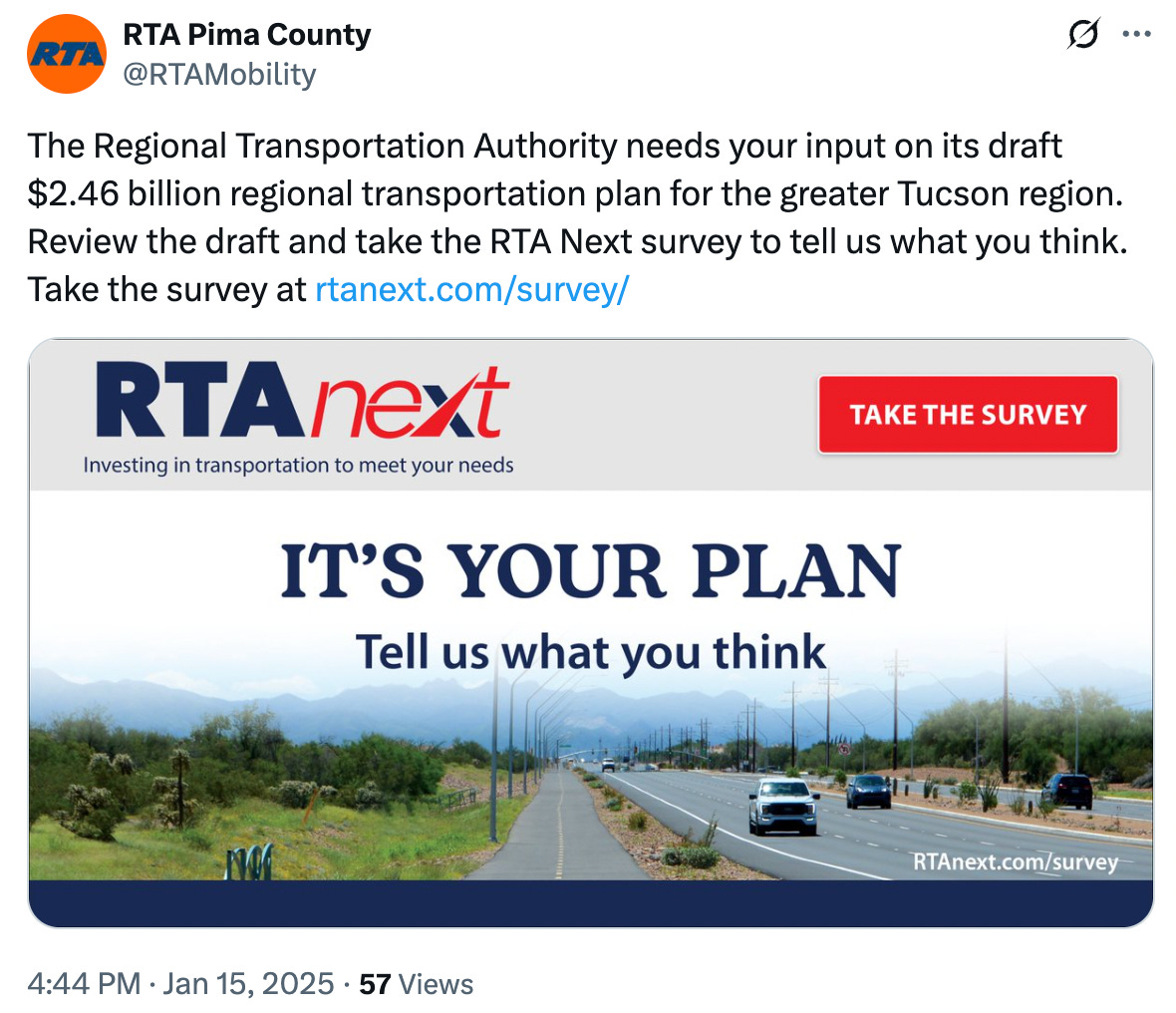Arizona's next top Democrat?
Baja Arizona’s candidates for ADP … Disclosing non-disclosures …. And where are our Tucson interpretive breakdancers?
In the wake of the disastrously short tenure of Robert Branscomb as Arizona Democratic Party chair, Democrats are looking for a new leader — hopefully one who won’t generate headlines about political infighting, staffers fleeing and serious financial issues.
They want a candidate who can hit the ground running, unite the party, mobilize the base, and get an ever-increasing number of independents to support Democratic candidates in general next year.
Sure, there are eight candidates vying to get elected as the next party leader on Sept. 13, but the Tucson Agenda is focusing on the three that have roots in Baja Arizona.
Tucsonan Kim Khoury, the current interim chair of the Arizona Democratic Party, wants to keep the job on a more permanent basis, saying the party can’t continue swapping leaders if it wants to right the ship before the 2026 election.
In May, Branscomb targeted Khoury, saying the then-first vice chair had worked against party interests by working against him and would be barred from carrying out her official duties.
But Khoury got the last laugh when Democrats ousted Branscomb and put her in charge of the party — at least temporarily.
While Khoury had initially said she’d be willing to serve in a temporary capacity ahead of the Sept. 13 election, she now says the party needs stability and that she wants to build on her initial successes she has had since becoming the chair.
She’s focused on uniting Democrats and ensuring that Democrats actually show up to vote.
“We have 340,000 Democrats in Arizona who didn't vote in 2024 and people have lots of reasons for not voting. And I think we need to listen more,” Khoury said. “I think that the state party can and should play a role in turning those folks out to vote in 2026.”
And those efforts have to start now — not in a few months after a new chair figures out the inner workings of the party, she argues.
“Every time we go through a leadership transition, we lose some time to that transition,” Khoury said.
Khoury said she has good working relationships with major donors, elected officials and high-profile candidates in the 2026 cycle, as well as close ties to various leadership groups inside the Arizona Democratic Party.
“I stepped forward because I think it gives us an opportunity to capitalize on the momentum we already have going now and to not take a step back,” she said.
Tucsonan Joshua Polacheck spent nearly 20 years in the U.S. Foreign Service as a public diplomacy officer. He worked in war zones and developing nations, often as the public face of American diplomacy in places deeply skeptical of U.S. foreign policy.
During the first Trump administration, Polacheck expected to remain in the foreign service.
“I thought that, as we say, the center would hold. That the institutions would be able to contain the anti-constitutional and anti-democratic efforts of the first Trump administration when that obviously wasn't happening,” Polacheck told the Tucson Agenda.
Instead, he returned to Arizona and got involved in Democratic politics—volunteering for the League of Conservation Voters and hosting a fundraiser for then-Senate candidate Mark Kelly.
By 2020, Polacheck had become executive director of the Pima County Democratic Party.
“As many folks outside of Arizona seem to have forgotten, in Arizona, the election didn't end at the beginning of November in 2020 — we had lawsuits and the recount in Maricopa,” he said. “I think that I played a small part in keeping that from coming down to Pima County. We had good relationships with the party on the other side of the aisle.”
He later ran unsuccessfully for the Arizona Corporation Commission in 2024. After the election, he took on a leadership role in the state Democratic Party, where he now serves as vice chair.
In his campaign for state party chair, Polacheck argues that Arizona can turn blue — pointing to voter support for common-sense proposals.
But he also acknowledged that Democrats didn’t turn out in 2024 the way they had in previous elections — roughly 350,000 registered Democrats stayed home.
“I do believe that if we had an electorate of 3.3 million instead of 2.95 million, the races in Arizona would have been a lot closer. And a lot of the voters who showed up in 2018 and 2020 didn't show up in 2024. And Democrats have to do a lot of soul searching and accept responsibility for that,” he said.
If elected as chair, Polacheck says he’ll prioritize reconnecting with Democrats across all 15 counties, including tribal communities and every legislative district — much as he did in his statewide campaign. His top focus is countering what he calls an effective GOP strategy: convincing Democrats and independents that there wasn’t much reason to vote in 2024.
“If we're going to be the party of the working and middle class, if we're going to be the party of civil rights and universal franchise, we have to get out to the voters and give them a reason to vote,” he said.
Yuma native Charlene Fernandez has been involved in politics since high school.
But it was in college, while working toward her education degree at a Northern Arizona University satellite campus in the heart of lettuce country, that she volunteered for Ed Pastor’s congressional campaign.
That experience changed the course of her life, setting her on a trajectory that eventually led her to join the Biden administration.
“[Pastor] had already been elected, and he called me and he says, ‘I'm going to open an office in Yuma. Never had a congressional office in Yuma, and I want you to run it,’” she recalled during a recent interview with the Democrats of Greater Tucson. “I was there for 11 years working for one of the, you know, the best congressmen this state has ever seen. Because of him, you can look around Yuma County and see where his finger touched at so many places, whether it was agriculture or immigration or higher education.”
She later worked for Congressman Raúl Grijalva and Arizona Governor Janet Napolitano before seeking office herself, first winning a seat on the Yuma Union High School District governing board. In 2014, she ran for and won a seat in the Arizona Legislature, where she served eight years. She resigned in 2021 when President Biden appointed her as USDA State Director for Rural Development.
Now, Fernandez is running for state party chair. Since the Biden administration wouldn’t allow her to be involved in Democratic Party politics, she is entering the race without any ties to any faction of the party — but has the experience in the legislature of uniting Dems.
“I'm excited about this opportunity. I feel like it's another challenge that maybe we can start working in rural Arizona,” she said.
Fernandez says Democrats must unify quickly and focus on the 2026 election. She argues that party leaders need to highlight their accomplishments not just in safe Democratic districts, but in Republican-leaning areas too.
For Fernandez, winning isn’t just about Arizona — it’s about the nation.
“We have to win Democrats up and down the ballot, not just for Arizona, but for this country. Because we have to send more congressional representatives that are Democrats to Washington D.C. to put up those guardrails so that Medicare is not cut, so that Medicaid's not cut, so that they keep their hands off of our Social Security,” she said.
Revisiting the past
The Pima County Board of Supervisors amended the county’s policy surrounding signing non-disclosure agreements yesterday in the wake of the Project Blue fiasco, but not without a few last-minute revisions making sure that politicians are only held to NDAs if they opt in.
And supervisors passed a new policy to require the county to complete Environmental Impact Reviews for economic development projects.
Finally, supervisors also officially approved another election: the March 10, 2026, special election to extend and refresh the Regional Transportation Authority, a 20-year transportation plan and half-cent sales tax first approved in 2006.
Shelters, mats and alt-builds
Tucson is launching an emergency shelter for homeless women and nonbinary people, the Arizona Republic’s Sarah Lapidus reports. The new outdoor shelter, which is slated to open in the fall as a pilot program, will house up to 25 people at a time and will include social service support and medical assistance, as well as bathrooms, water stations, and tents. It will be located at 244 E Grant Road.
Meanwhile, retirees in Tucson are crocheting recycled plastic bags into sleeping mats for homeless folks, KVOA’s Jafet Serrato reports. Each mat takes about 500 or more bags (and several days to make), but they provide a little padding for sleeping and a barrier against the hot concrete.
And in the Bisbee-Naco area, a local nonprofit is using styrofoam and concrete as alternative building materials to drive down the cost for essential workers as potential Canadian lumber tariffs loom, KGUN’s Alexis Ramanjulu reports.
Reporters are essential workers, too.
It’s a college town
UA President Suresh Garimella penned an oped in the Republic bragging that the university has filled its $177 million budget hole and explaining how they achieved it. He says the university will release this balanced budget in the fall.
Elsewhere in the Republic’s opinion pages, UA professors Joellen Russell and Mark Stegeman say if the university is serious about academic excellence, it will reform its 520 elective general education courses, including by providing more facts and less theory, requiring more natural science courses and providing more courses about civic institutions, civil discourse and a topic near and dear to our hearts: information literacy.
Finally, enrollment continues to climb at Pima Community College, per the Daily Star’s Prerana Sannappanavar. First-day enrollment was up 8% over last year, marking the 10th straight semester of increases, she writes.
We’ve seen a lot of weird stuff at local government meetings.
But we’ve never seen anything quite as strange and cringe as this man using his time at a town council meeting in New Jersey yesterday to do an interpretative breakdance and then complain about taxes.
Tucson, you gotta get weirder.








What’s up with former Senator Wadsack?